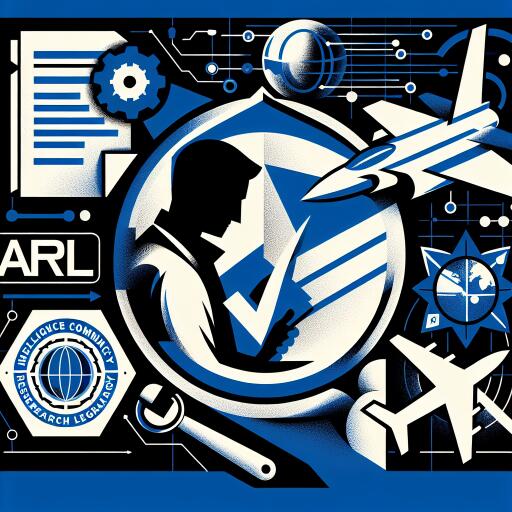Parsons Awarded $28 Million Contract by AFRL to Enhance ISR and Space Software
In a significant development for U.S. defense capabilities, Parsons Corporation, headquartered in Chantilly, VA, has been selected for a pivotal role in advancing the United States Air Force’s technological prowess. With a new $28 million cost-plus-fixed-fee contract under its belt, Parsons is set to bolster the intelligence, surveillance, and reconnaissance (ISR) command and control, alongside space software baselines for the Air Force Research Laboratory’s (AFRL) highly esteemed Global Application Research, Development, Engineering, and Maintenance (GARDEM) program. The contract spans a three-year performance period, further solidifying Parsons’ vital contributions to the Department of Defense (DOD) and Intelligence Community (IC) through leading-edge software capabilities across the comprehensive all-domain battlespace.
Highlighting the significance of this partnership, Mike Kushin, the President of Parsons’ defense and intelligence sector, emphasized the critical role of integrating technologies and tailoring data-centric solutions in response to the ever-evolving threat landscape. Kushin stated, “Parsons delivers value for national security customers like the U.S. Air Force by integrating technologies, transforming data, and customizing site-specific capabilities to meet their varying mission demands.” He further added the importance of maintaining ISR dominance in a rapidly changing environment, where agile development and deployment of technologies are key to staying ahead of adversaries.
The GARDEM contract vehicle is designed to facilitate the continuous research, development, prototyping, integration, testing, demonstration, deployment, and maintenance of groundbreaking technologies and concepts throughout the life cycle of the contract. It draws upon Parsons’ extensive expertise in cybersecurity to pinpoint and address vulnerabilities within toolsets, ensuring the delivery of robust enhancements to meet the comprehensive needs of the Air Force, DOD, IC, and other federal agencies. This mission is part of the larger $427 million multiple-award contract vehicle, aiming to pave the way for the creation and implementation of innovative software baselines. These baselines are crucial for enabling federal entities across all domains to seamlessly integrate and assess information from an array of data sources.
For many years, Parsons has been a cornerstone in providing all-domain support to the Department of the Air Force, covering an array of critical services including strategy and planning, network operations, space operations, edge computing, full-spectrum cyber, and the next-generation command and control systems. The GARDEM program, introduced in 2019, stands as a testament to Parsons’ enduring commitment and prowess in advancing the technological frontier to meet the complex demands of national security. Through multiple task orders under the GARDEM contract, Parsons continues to demonstrate its leading capabilities and unwavering dedication to supporting the U.S. Air Force and allied defense entities in navigating the dynamic challenges of modern warfare and security.
As the world witnesses an accelerated pace in technological advancements and cyber threats, the strategic partnership between Parsons and the AFRL through the GARDEM initiative underscores a collective endeavor to elevate the United States’ defense mechanisms. This collaboration not only aims at ensuring superiority in the digital and physical battle spaces but also reinforces a shared commitment to safeguarding national security in the face of evolving global challenges.
With the unfolding of this pivotal chapter, Parsons cements its role as a vital architect in shaping the future of defense and intelligence strategies, ensuring that the United States remains at the forefront of technological innovation and readiness. The GARDEM project is more than just a contract; it’s a pledge to deliver excellence and resilience in a world where the domains of warfare and security are constantly being redefined.









